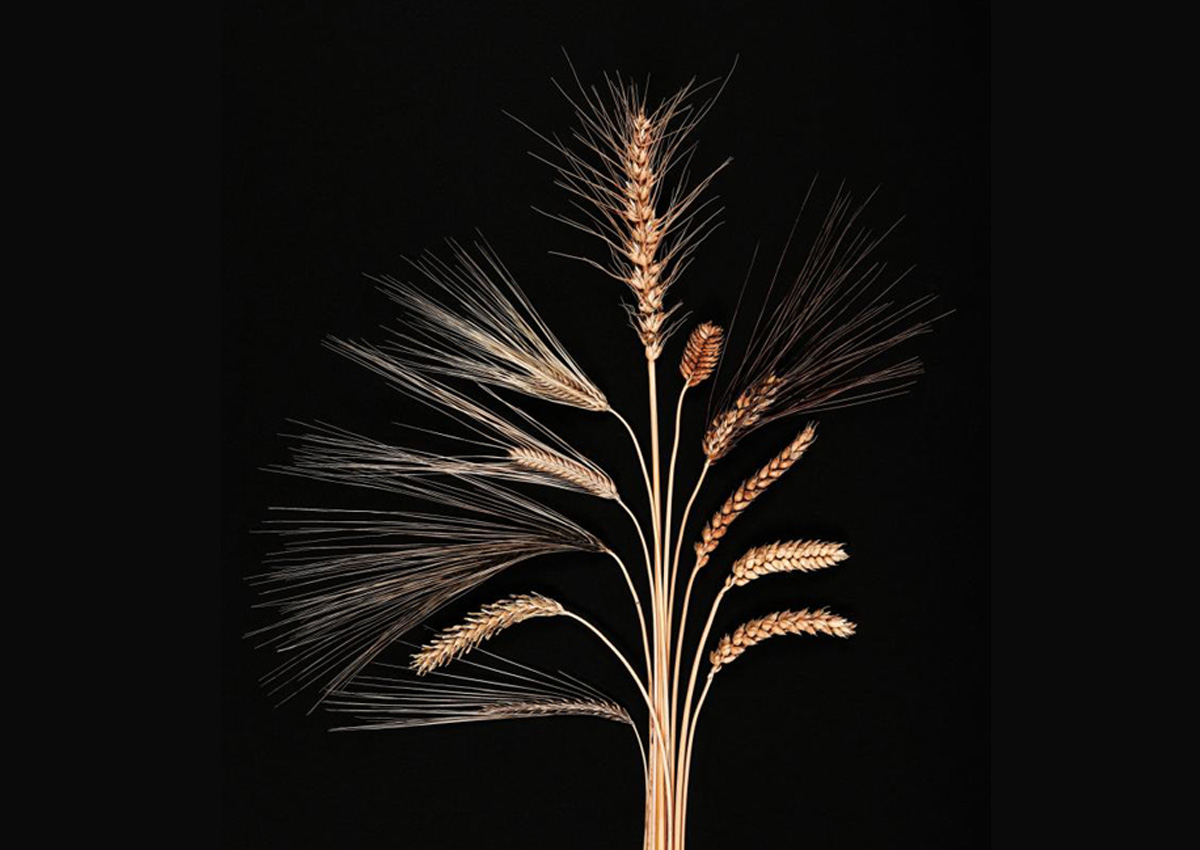
International Research Team Publishes Barley Pan-Genome
December 9, 2020| |
An international team led by scientists from the Leibniz Institute for Plant Genetics and Cultured Plant Research (IPK), together with colleagues from James Hutton Institute and the University of Dundee has unraveled the species-wide genetic diversity of domesticated barley. With the complete genome sequencing of 20 diverse genotypes, the researchers completed the first step in decoding the genetic information of the entire species - the barley pan-genome.
The research team used species-wide genetic diversity data to identify and select 20 highly diverse genotypes for complete sequencing from around 22,000 barley seed samples from the federal ex-situ gene bank at the IPK. "Criteria for the selection included the greatest possible differences in their genetic diversity, geographical origin and biological traits such as winter or spring type, grain hull, row-type," says Prof. Dr. Nils Stein, head of the Genomics of Genetic Resources research group at the Leibniz Institute of Plant Genetics and Crop Plant Research (IPK), lead institution of the study.
The scientists found two major differences in the linear order of the genetic information in the chromosomes that are termed structural variants. In the first, a link was established to ‘mutation breeding' in the 1960s and has since spread unnoticed through breeding to present-day varieties. In the second, the observed variation possibly occurred and was selected during environmental adaptation as barley production spread from its origins in the Fertile Crescent.
"This new observation confirms that major structural variants can play a decisive role in both crop evolution and breeding. The only way these could have been discovered is through the complete genome sequencing of diverse individuals," says Prof. Robbie Waugh, of the James Hutton Institute and the University of Dundee.
For more details, read the article on the James Hutton Institute website and an interview with Prof. Dr. Nils Stein in IPK News.
| |
You might also like:
- Genetic Discovery Explains Barley's Sodium Tolerance
- Scientists Decode Major Pathogen of Barley
- Australian Researchers Discover Key Gene to Improve Barley's Drought Tolerance
Biotech Updates is a weekly newsletter of ISAAA, a not-for-profit organization. It is distributed for free to over 22,000 subscribers worldwide to inform them about the key developments in biosciences, especially in biotechnology. Your support will help us in our mission to feed the world with knowledge. You can help by donating as little as $10.
-
See more articles:
-
News from Around the World
- International Study Decodes the Genome of 15 Wheat Varieties
- International Animal Biotech Webinars Wrap Up for 2020
- ISAAA Webinar: Global Status of Biotech Crops and the Philippine Adoption Experience
- Locust Genome Could Help Find Solutions to Pest's Swarming Behavior
- International Research Team Publishes Barley Pan-Genome
- Filipino Researchers Develop Motion Tracker for Eggplant's Most Vicious Pest
- Biotech Maize Area in Vietnam Expands to 92,000 Hectares
- Research Team Discovers Strategy to Make Plants More Salt Tolerant
-
Research Highlights
- Ectopic Expression of a Grape Nitrate Transporter Boosts Nitrogen Use Efficiency in Arabidopsis
- GM Birch Tree Study Shows Promising Results Against Insect Herbivores
-
Plant
- Two Studies Reveal Retron's Function and its Genome-editing Potential
-
Health
- COVID-19 Test Uses CRISPR and Smartphone Camera
-
Read the latest: - Biotech Updates (January 28, 2026)
- Gene Editing Supplement (January 28, 2026)
- Gene Drive Supplement (February 22, 2023)
-
Subscribe to BU: - Share
- Tweet

